[Anchor]
As reported, the full-scale hearing is expected to take place starting the day after tomorrow (1.16).
What are the main issues to be addressed in the upcoming hearings? Reporter Choi Yoo-kyung has summarized them.
[Report]
One of the issues the Constitutional Court will examine is the act of declaring emergency martial law itself.
President Yoon's side argues that the declaration of emergency martial law is a power granted to the president by the constitution and is a high-level governing act.
[Yoon Gap-geun/Lawyer/President Yoon's side/Jan. 9: "We have determined that the way to restore the free democratic constitutional order is through the declaration of emergency martial law, which is a constitutional power granted to the president...."]
On the other hand, the National Assembly's side defines the declaration of emergency martial law as a 'systemic attack' that denies the constitutional order.
[Kim I-soo/Lawyer/National Assembly Impeachment Committee: "The declaration of emergency martial law is the first fundamental attack on the democracy and constitutional order established in South Korea since the democratization of 1987."]
The constitutionality of 'Proclamation No. 1,' which prohibited National Assembly activities, political party activities, gatherings and demonstrations, and controlled the media and publishing, is also a point of contention.
The actions of mobilizing the military and police to obstruct legitimate National Assembly activities on the day of the martial law declaration, and conducting a search of the National Election Commission without a warrant, are also included in the issues.
President Yoon's side submitted a response today (1.14) stating that they declared emergency martial law to confirm the 'allegations of election fraud' to the Constitutional Court.
However, the National Assembly's side plans to prove attempts to arrest key politicians and election commission staff through evidence such as CCTV footage from the election commission and witness testimonies.
Additionally, the 'order to arrest judges' has also been presented as an additional issue in the impeachment trial, but whether it will be adopted will likely be decided in the remaining trial process.
This is KBS News, Choi Yoo-kyung.
As reported, the full-scale hearing is expected to take place starting the day after tomorrow (1.16).
What are the main issues to be addressed in the upcoming hearings? Reporter Choi Yoo-kyung has summarized them.
[Report]
One of the issues the Constitutional Court will examine is the act of declaring emergency martial law itself.
President Yoon's side argues that the declaration of emergency martial law is a power granted to the president by the constitution and is a high-level governing act.
[Yoon Gap-geun/Lawyer/President Yoon's side/Jan. 9: "We have determined that the way to restore the free democratic constitutional order is through the declaration of emergency martial law, which is a constitutional power granted to the president...."]
On the other hand, the National Assembly's side defines the declaration of emergency martial law as a 'systemic attack' that denies the constitutional order.
[Kim I-soo/Lawyer/National Assembly Impeachment Committee: "The declaration of emergency martial law is the first fundamental attack on the democracy and constitutional order established in South Korea since the democratization of 1987."]
The constitutionality of 'Proclamation No. 1,' which prohibited National Assembly activities, political party activities, gatherings and demonstrations, and controlled the media and publishing, is also a point of contention.
The actions of mobilizing the military and police to obstruct legitimate National Assembly activities on the day of the martial law declaration, and conducting a search of the National Election Commission without a warrant, are also included in the issues.
President Yoon's side submitted a response today (1.14) stating that they declared emergency martial law to confirm the 'allegations of election fraud' to the Constitutional Court.
However, the National Assembly's side plans to prove attempts to arrest key politicians and election commission staff through evidence such as CCTV footage from the election commission and witness testimonies.
Additionally, the 'order to arrest judges' has also been presented as an additional issue in the impeachment trial, but whether it will be adopted will likely be decided in the remaining trial process.
This is KBS News, Choi Yoo-kyung.
■ 제보하기
▷ 카카오톡 : 'KBS제보' 검색, 채널 추가
▷ 전화 : 02-781-1234, 4444
▷ 이메일 : kbs1234@kbs.co.kr
▷ 유튜브, 네이버, 카카오에서도 KBS뉴스를 구독해주세요!
- Key issues in martial law hearings
-
- 입력 2025-01-15 00:07:28
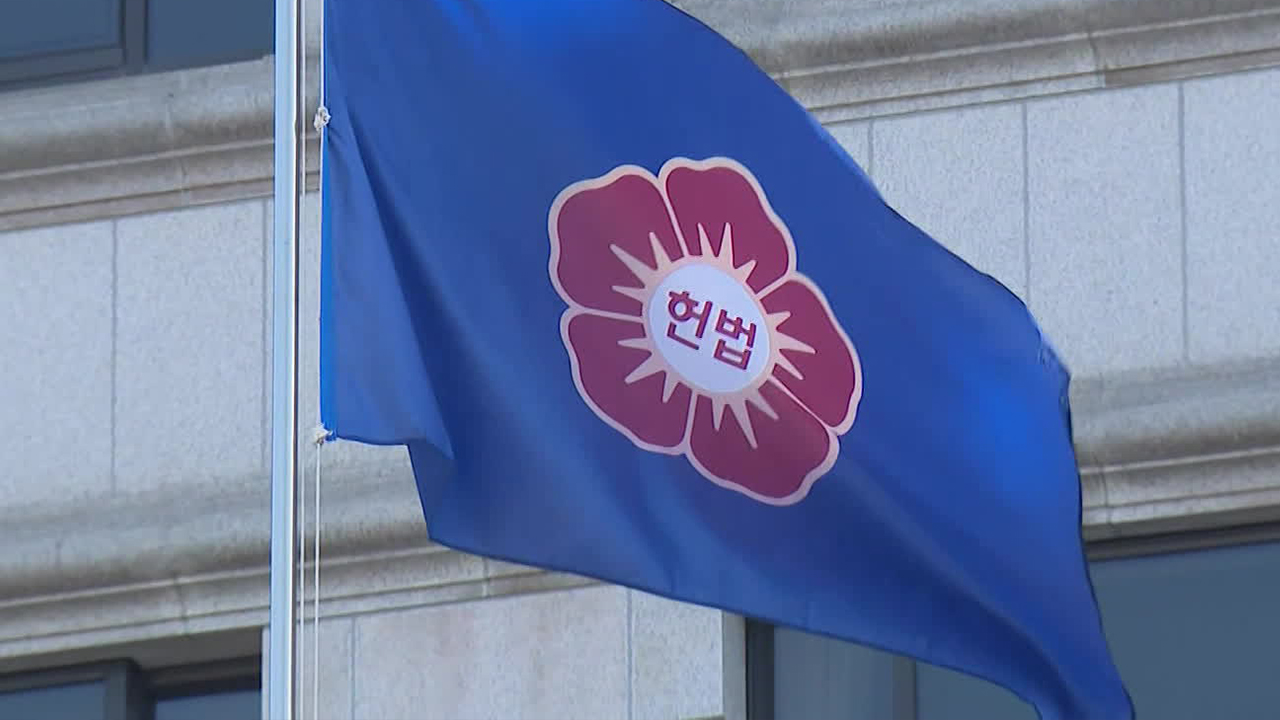
[Anchor]
As reported, the full-scale hearing is expected to take place starting the day after tomorrow (1.16).
What are the main issues to be addressed in the upcoming hearings? Reporter Choi Yoo-kyung has summarized them.
[Report]
One of the issues the Constitutional Court will examine is the act of declaring emergency martial law itself.
President Yoon's side argues that the declaration of emergency martial law is a power granted to the president by the constitution and is a high-level governing act.
[Yoon Gap-geun/Lawyer/President Yoon's side/Jan. 9: "We have determined that the way to restore the free democratic constitutional order is through the declaration of emergency martial law, which is a constitutional power granted to the president...."]
On the other hand, the National Assembly's side defines the declaration of emergency martial law as a 'systemic attack' that denies the constitutional order.
[Kim I-soo/Lawyer/National Assembly Impeachment Committee: "The declaration of emergency martial law is the first fundamental attack on the democracy and constitutional order established in South Korea since the democratization of 1987."]
The constitutionality of 'Proclamation No. 1,' which prohibited National Assembly activities, political party activities, gatherings and demonstrations, and controlled the media and publishing, is also a point of contention.
The actions of mobilizing the military and police to obstruct legitimate National Assembly activities on the day of the martial law declaration, and conducting a search of the National Election Commission without a warrant, are also included in the issues.
President Yoon's side submitted a response today (1.14) stating that they declared emergency martial law to confirm the 'allegations of election fraud' to the Constitutional Court.
However, the National Assembly's side plans to prove attempts to arrest key politicians and election commission staff through evidence such as CCTV footage from the election commission and witness testimonies.
Additionally, the 'order to arrest judges' has also been presented as an additional issue in the impeachment trial, but whether it will be adopted will likely be decided in the remaining trial process.
This is KBS News, Choi Yoo-kyung.
As reported, the full-scale hearing is expected to take place starting the day after tomorrow (1.16).
What are the main issues to be addressed in the upcoming hearings? Reporter Choi Yoo-kyung has summarized them.
[Report]
One of the issues the Constitutional Court will examine is the act of declaring emergency martial law itself.
President Yoon's side argues that the declaration of emergency martial law is a power granted to the president by the constitution and is a high-level governing act.
[Yoon Gap-geun/Lawyer/President Yoon's side/Jan. 9: "We have determined that the way to restore the free democratic constitutional order is through the declaration of emergency martial law, which is a constitutional power granted to the president...."]
On the other hand, the National Assembly's side defines the declaration of emergency martial law as a 'systemic attack' that denies the constitutional order.
[Kim I-soo/Lawyer/National Assembly Impeachment Committee: "The declaration of emergency martial law is the first fundamental attack on the democracy and constitutional order established in South Korea since the democratization of 1987."]
The constitutionality of 'Proclamation No. 1,' which prohibited National Assembly activities, political party activities, gatherings and demonstrations, and controlled the media and publishing, is also a point of contention.
The actions of mobilizing the military and police to obstruct legitimate National Assembly activities on the day of the martial law declaration, and conducting a search of the National Election Commission without a warrant, are also included in the issues.
President Yoon's side submitted a response today (1.14) stating that they declared emergency martial law to confirm the 'allegations of election fraud' to the Constitutional Court.
However, the National Assembly's side plans to prove attempts to arrest key politicians and election commission staff through evidence such as CCTV footage from the election commission and witness testimonies.
Additionally, the 'order to arrest judges' has also been presented as an additional issue in the impeachment trial, but whether it will be adopted will likely be decided in the remaining trial process.
This is KBS News, Choi Yoo-kyung.
-
-

최유경 기자 60@kbs.co.kr
최유경 기자의 기사 모음
-
이 기사가 좋으셨다면
-
좋아요
0
-
응원해요
0
-
후속 원해요
0










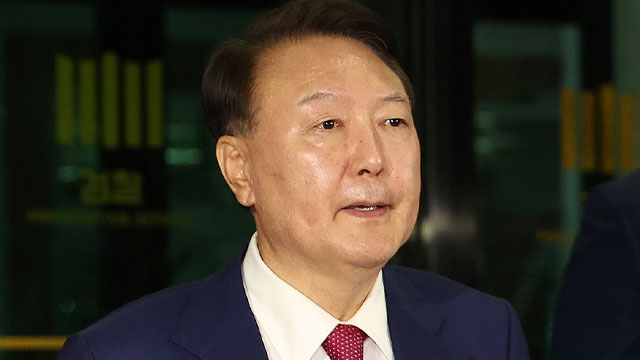
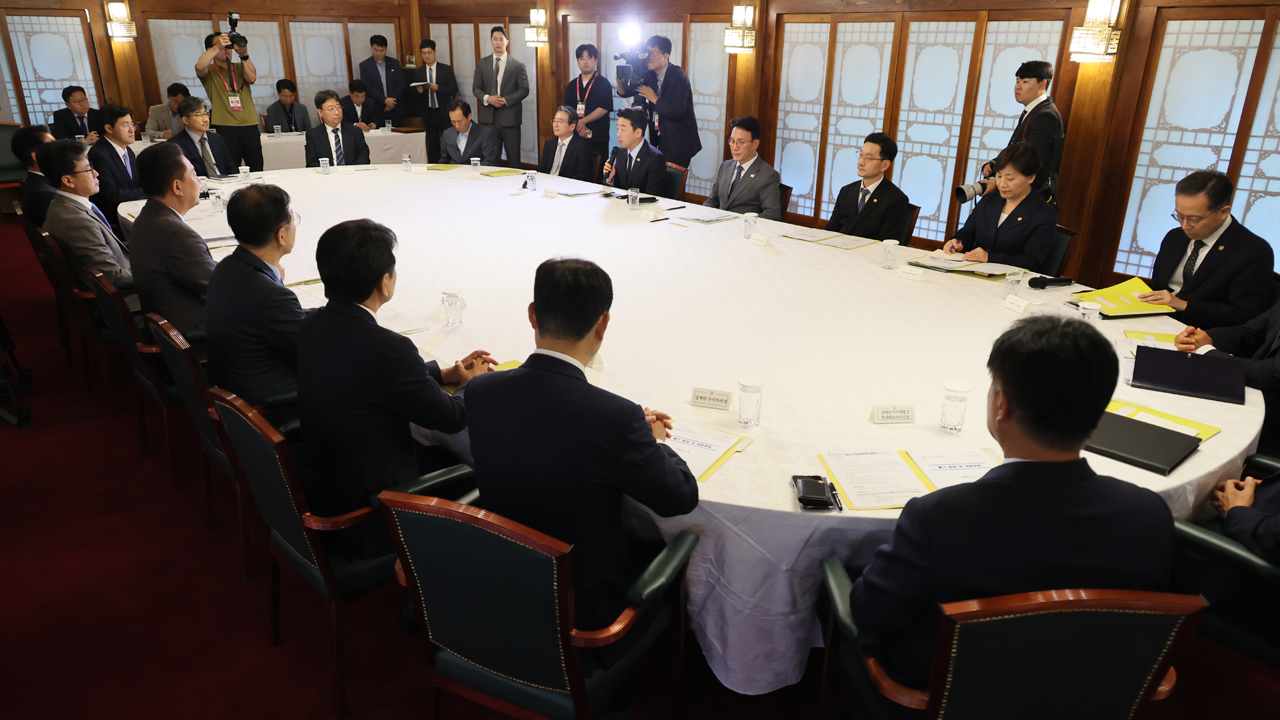
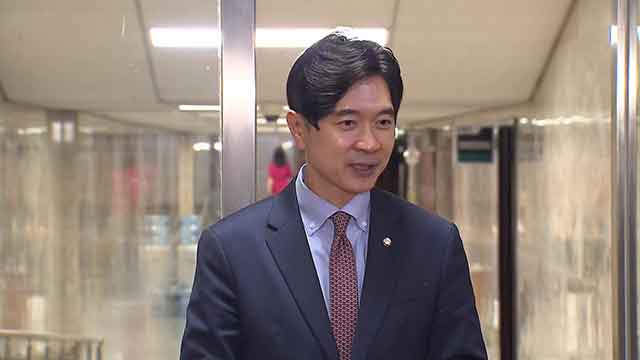
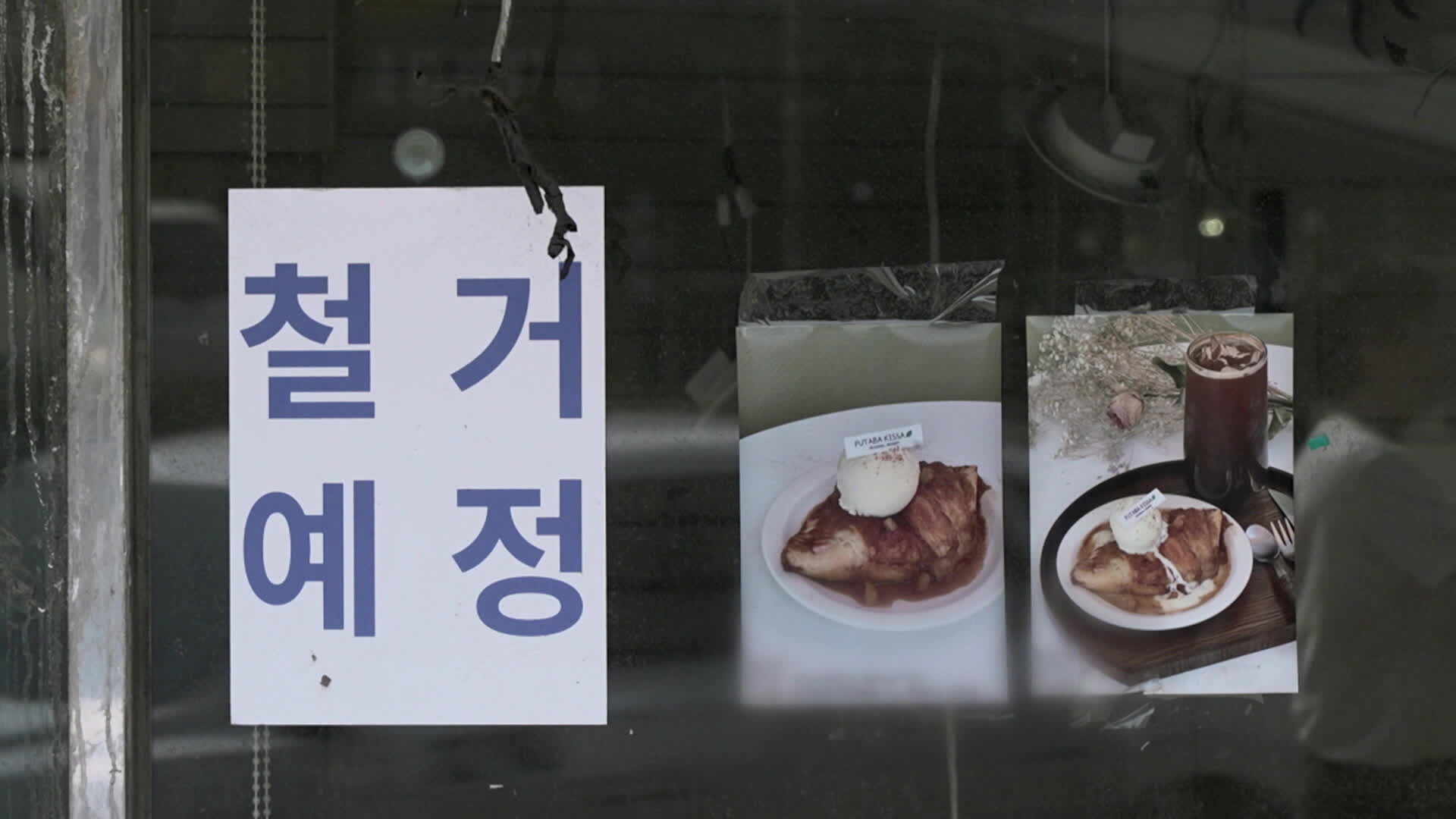

이 기사에 대한 의견을 남겨주세요.